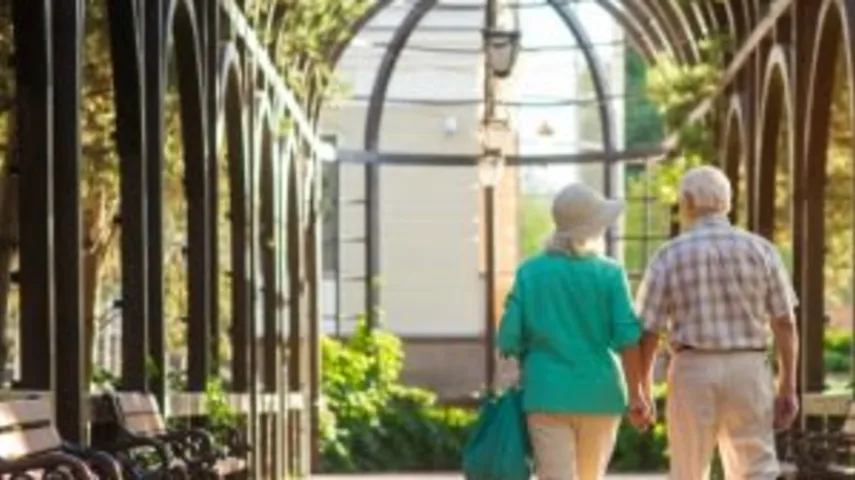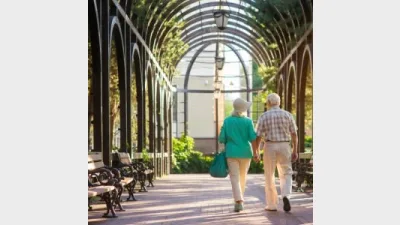Highest living cost increase for those at modest retiree lifestyle



The retiree budget for those living a modest lifestyle has increased by 2.1 per cent leaving them to suffer the greatest cost imposts in retirement, according to the Association of Superannuation Funds of Australia (ASFA).
ASFA’s June quarter retirement standard update found the annual increase in the living costs was 1.5 per cent for a comfortable lifestyle, and 2.1 per cent for a modest lifestyle, compared to 1.9 per cent for the general consumer price index (CPI).
Couples aged around 65 and living a comfortable retirement needed to spend $60,063 and singles $43,695, up 0.2 per cent on the previous quarter.
At the modest level, singles needed to spend $24,270 and couples $34,911, up 0.1 per cent on the previous quarter.
ASFA said the total budgets for older retirees (aged 85 and over) increased by around 0.5 per cent compared to the previous quarter at both the comfortable and modest levels.
Cost increases for retirees were highest in Sydney, Adelaide, Hobart, and Canberra, while Darwin, Perth, and Brisbane had the lowest.
For Sydney, there was a 3.8 per cent increase in food costs, a 12.5 per cent increase in electricity costs, and a 5.1 per cent increase in health costs were behind higher than average increases in the retirement budgets.
The overall most significant prices increase in the June quarter were for medical and hospital services (4.1 per cent). This reflected the annual increases in private health insurance premiums on 1 April.
The most significant price falls were for domestic holiday travel and accommodation (-3.2 per cent), automotive fuel (-2.5 per cent), and fruit (-4.4 per cent). ASFA noted that the fall in domestic holidays was typical of the off-peak season.
Fuel prices dropped -0.8 per cent in April, rose in May by two per cent, and fell in June by -0.6 per cent, thanks for world oil price fluctuations.
ASFA chief executive, Martin Fahy, said: “The cost of retirement over the most recent quarter only increased by a relatively small amount and that is welcome news but many retirees are still finding it difficult to achieve a comfortable standard of living in retirement”.
“…Retirees now and in the future need super to increase and be safeguarded. People need to be super skilled to be free from major financial worries,” he said.
Recommended for you
Australian super funds have extended their winning streak into September, as strong global equities and resilient long-term returns boost member outcomes.
The super fund has appointed long-serving technology leader Richard Exton to its executive team, underscoring the fund’s digital transformation priorities.
Valuations of the major US tech companies are becoming elevated, according to UniSuper’s chief investment officer John Pearce, but not yet at bubble territory.
The country’s largest super fund has launched a £500 million UK housing platform to expand its living sector investments and support economic growth.









